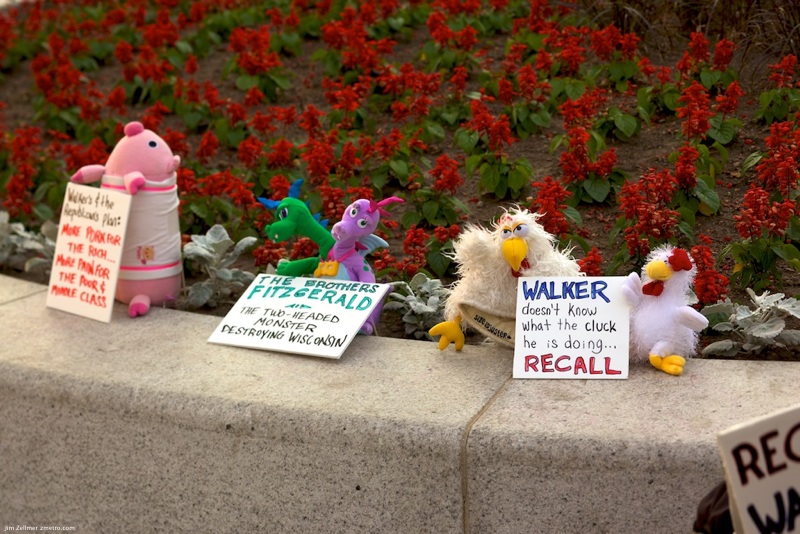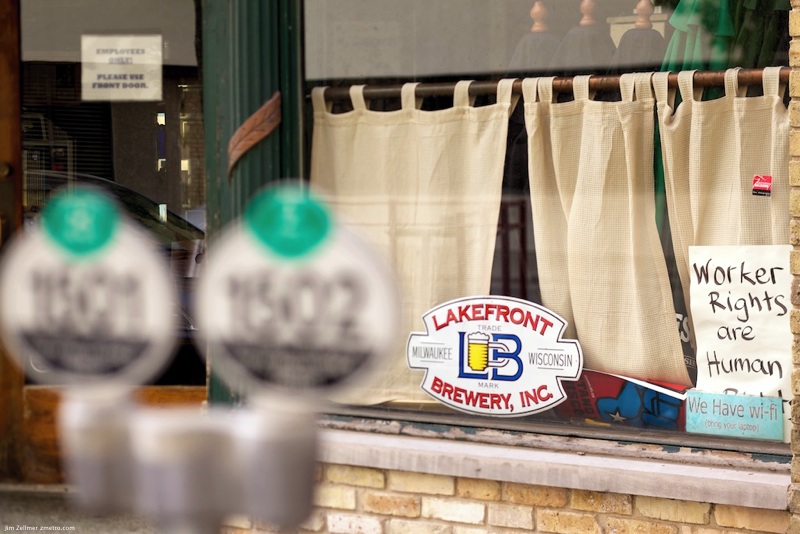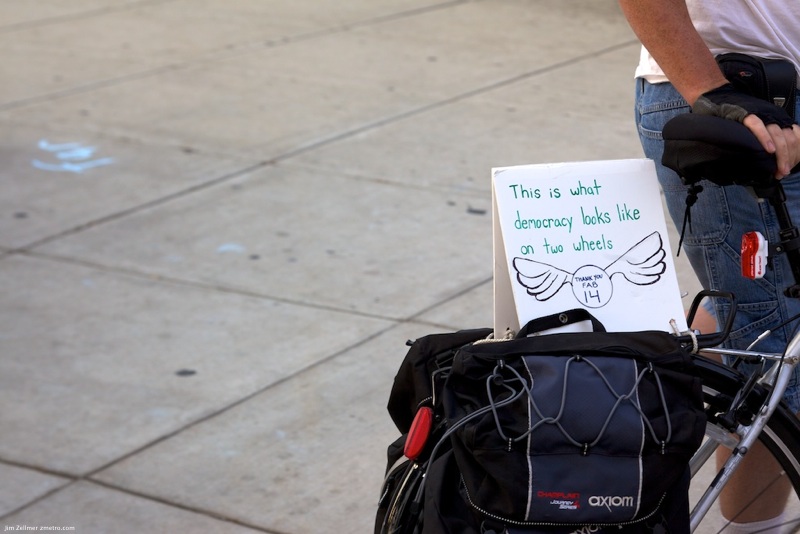Ezra Klein interviews Tom Coburn:
EK: It seems your view is that just as the market needs to have faith in your demographics and in the flexibility of your labor market and the competitiveness, it has to have faith in your political system’s capacity to deal with long and short-term threats. Do you see any reason for the market to have that faith right now?
TC: No. One of my biggest worries is what happens if Romney wins and Republicans control both chambers, do they have the courage to do what it takes to fix the country? It’s kind of their last chance. If they’re given the favor of control and they don’t act on it, why should you ever trust them again? You shouldn’t. It’ll be the death knell of the Republican Party. They controlled it all for four years under Bush and grew the government. They created a new entitlement with no revenue. Went against the very tenets of what they said they believe.
One of the reasons I wrote the book was to show a whole lot of people how many stupid things we do. I don’t really blame presidents too much. You gotta get appropriations. I say the problem is not that we don’t get along. We get along too well. Government is twice the size it was 10 years ago. The president can’t spend the money if we don’t appropriate it. So it’s not a president problem. It’s a congressional problem.



